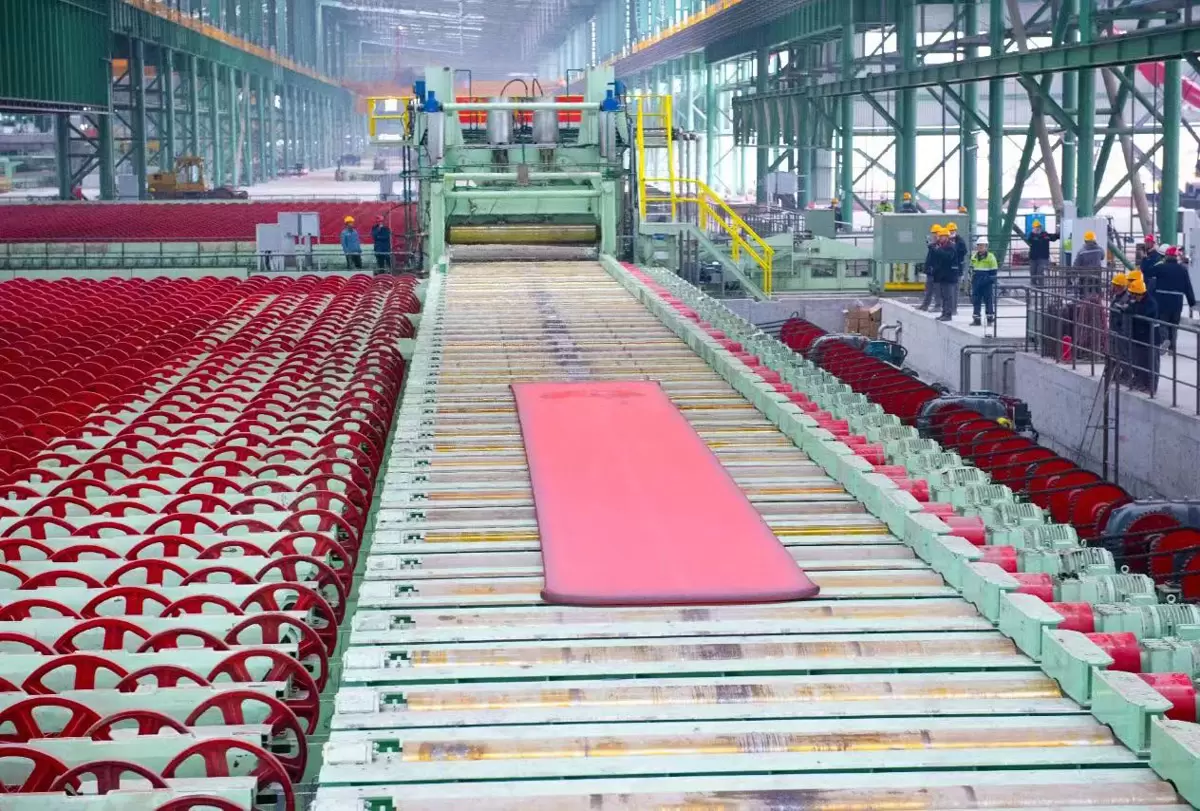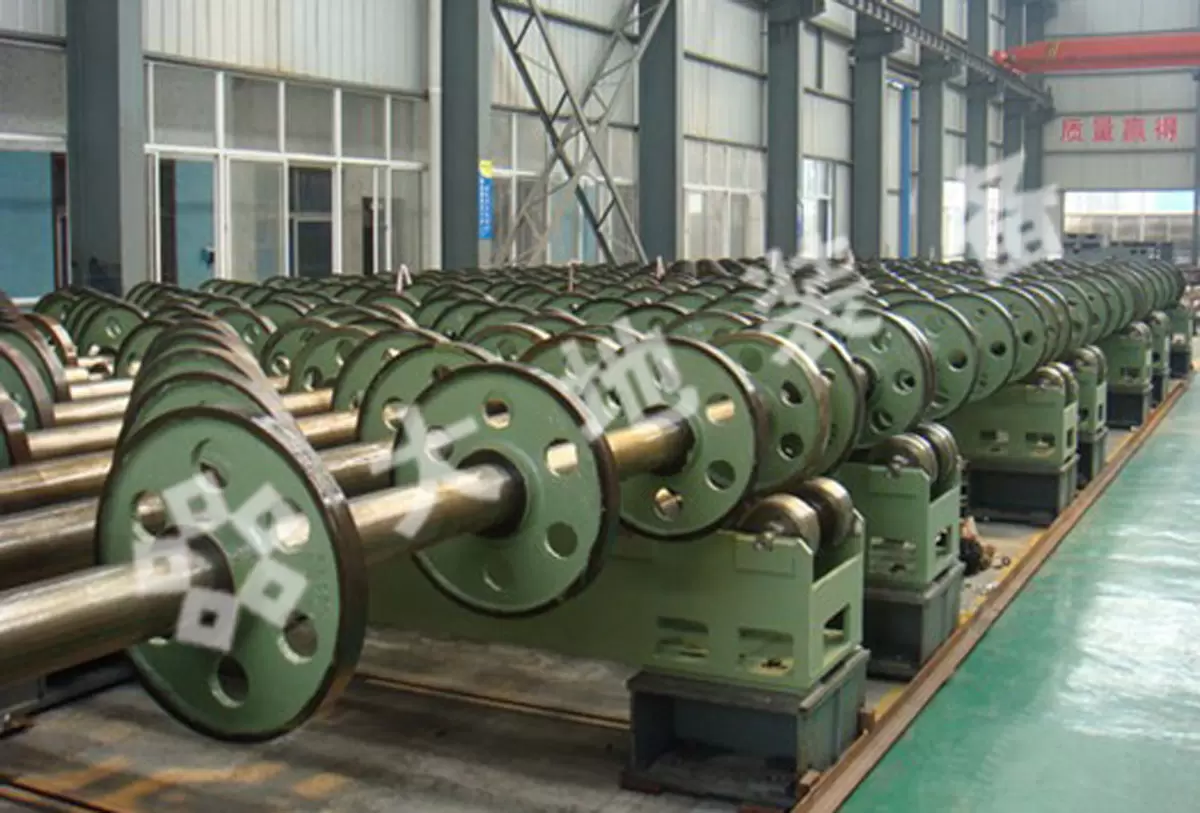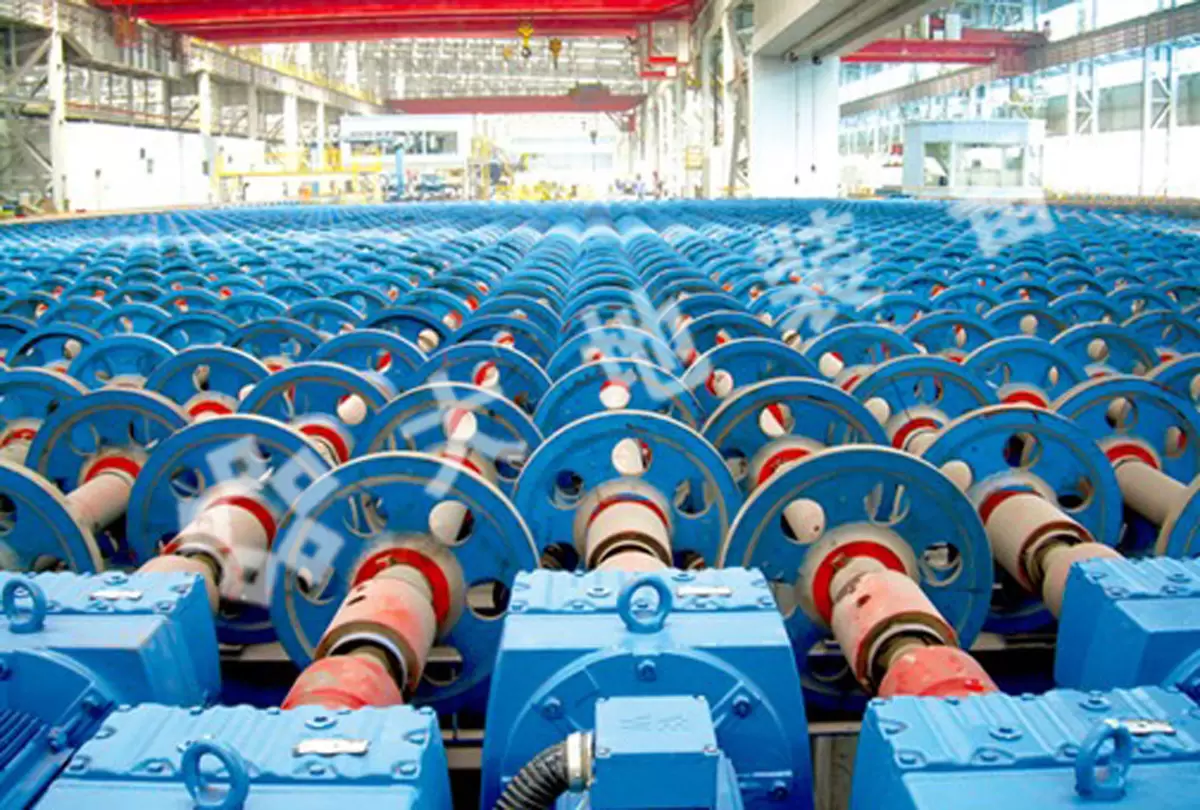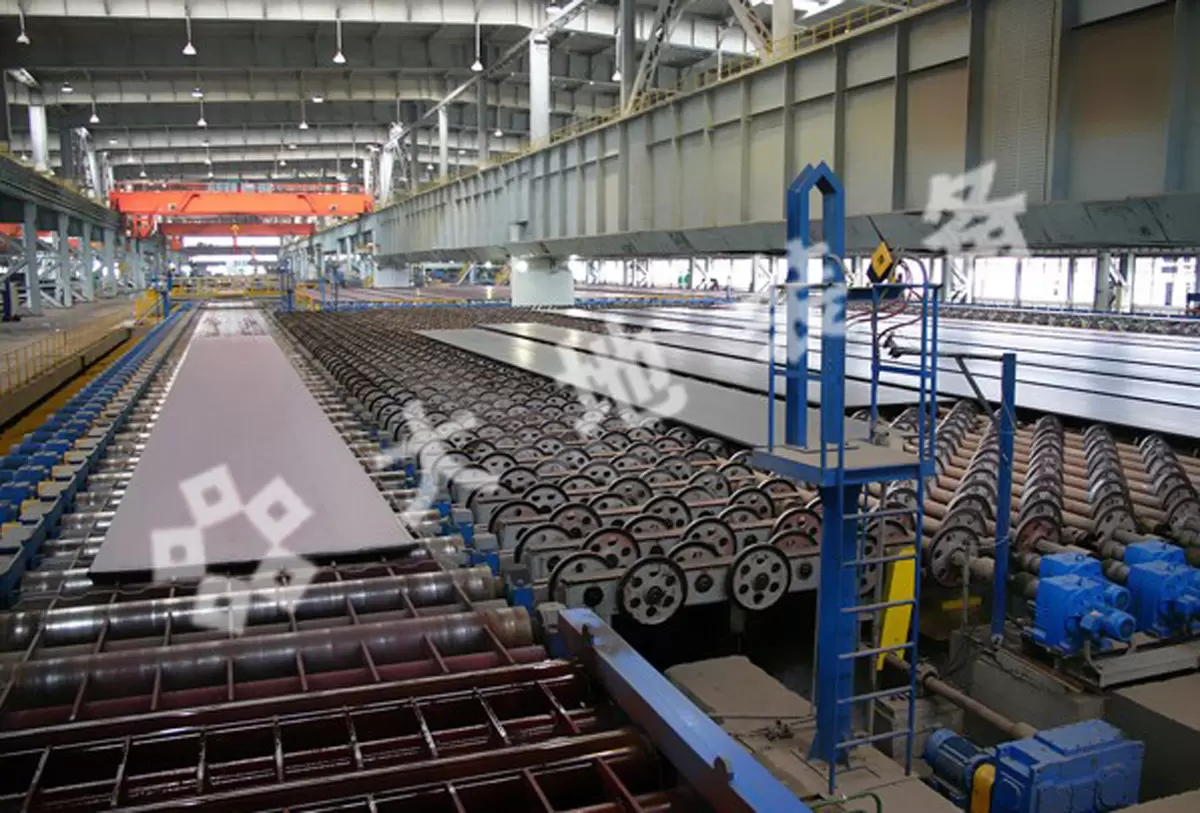- This topic is empty.
-
AuthorPosts
-
2025-07-28 at 3:39 pm #4033
In the ever-evolving landscape of the steel and metal processing industry, plate production lines play a vital role in transforming raw metal materials into high-quality products that power infrastructure, automotive, shipbuilding, heavy machinery, and more. As global demand for precision and efficiency rises, these production lines have become the backbone of modern metal manufacturing.
One of the key players in this space is Dadi, a company renowned for its specialization in bulk material handling systems and advanced metallurgical equipment. With its engineering expertise and commitment to innovation, Dadi contributes significantly to the development and optimization of plate production processes, ensuring seamless operation from raw material handling to final product output.
What Is a Plate Production Line?
A plate production line is an integrated system designed to produce flat steel or metal plates of various grades, sizes, and thicknesses. These plates serve as the foundational material for a wide range of downstream industries. A typical line includes several core components and stages:
Slab handling and preparation
Reheating furnace
Roughing and finishing mills
Cooling systems
Leveling and shearing equipment
Stacking and packaging
Every part of the process requires high precision, coordinated control, and heavy-duty equipment capable of withstanding extreme thermal and mechanical stresses.

Key Functions and Benefits of Plate Production Lines
1. High-Quality Metal Plate Output
Plate production lines ensure the consistent production of steel plates with precise dimensions, flatness, and surface finish, all essential for demanding industries such as shipbuilding, pressure vessels, and bridge construction. Advanced rolling and control systems allow manufacturers to meet stringent quality standards.
2. Efficient Material Flow and Handling
One of the major challenges in steel processing is managing the movement of heavy raw materials and semi-finished products. Dadi’s bulk material handling systems—such as conveyor belts, feeders, and automated loaders—streamline the process, reducing labor intensity, minimizing material loss, and enhancing safety.
3. Integration of Automation and Smart Control
Modern plate production lines are increasingly automated. Intelligent control systems allow for real-time monitoring, fault detection, and process optimization. Dadi integrates such technologies into its metallurgical solutions, enabling clients to benefit from data-driven decision-making and predictive maintenance.
4. Versatility Across Product Specifications
Plate lines can be configured to handle a range of materials—from carbon steel and stainless steel to high-strength alloy plates—and produce varying thicknesses and widths. This flexibility is essential for manufacturers who must adapt to changing market demands without investing in entirely new infrastructure.
5. Improved Energy Efficiency and Sustainability
With growing environmental regulations, energy-efficient operations are a must. Dadi’s engineering approach emphasizes the optimization of energy consumption, recovery of heat from reheating furnaces, and reduction of waste, helping manufacturers lower their carbon footprint while reducing operational costs.

Dadi: Powering Plate Production with Innovation
Founded with a mission to provide advanced bulk material and metallurgical equipment, Dadi has established itself as a reliable partner for steel and metal producers worldwide. Its integrated solutions support every stage of the plate production process, from raw material feeding to product delivery.
Dadi’s Core Strengths Include:
Custom-engineered material handling systems for slabs, billets, and finished plates
Durable rolling and shearing equipment built for high-throughput environments
Smart automation and control systems designed to increase plant efficiency
Technical consulting and after-sales service for long-term operational success
By combining mechanical strength, intelligent design, and customer-focused service, Dadi helps steelmakers modernize their production lines, boost capacity, and remain competitive in a global market.

Applications of Plate Products in Industry
Plates produced on modern lines are critical to various sectors:
Shipbuilding: Large steel plates form the structural basis of ship hulls.
Automotive: High-strength plates are used in chassis and structural components.
Construction: Bridges, buildings, and large infrastructures rely on metal plates for strength and durability.
Energy: Pressure vessels, wind towers, and pipelines require precision-rolled plates.
Without efficient and reliable plate production lines, these industries would face serious bottlenecks in both quality and supply.

Conclusion
Plate production lines are not just pieces of equipment—they are strategic assets that define the success and productivity of the modern steel and metal industry. As demand grows for high-performance materials and sustainable production methods, these systems will continue to evolve.
Companies like Dadi are leading this evolution, offering state-of-the-art solutions that combine heavy-duty engineering with intelligent design. Through its dedication to excellence in bulk material handling and metallurgical equipment, Dadi empowers steel producers to thrive in a dynamic and competitive global environment.
Boosting Productivity with Automated Plate Production Line Systems: Key Advantages
en.cndadiem.com
Dadi -
AuthorPosts
- You must be logged in to reply to this topic.
